Bill Gates Admits He ‘Envies’ Steve Jobs for His Unmatched Charisma
Billionaire Bill Gates, co-founder of Microsoft, recently opened up about his deep admiration—and even envy—for the late Steve Jobs, Apple’s iconic CEO. During an intimate conversation on Dax Shepard’s podcast, Gates candidly reflected on Jobs’ exceptional public speaking skills, which he described as “magical.” Gates, known for his technological vision and leadership, admitted that Jobs’ ability to captivate and inspire audiences was a trait he deeply admired but struggled to replicate.
Jobs’ Unique Charisma on Stage
Steve Jobs was celebrated for turning product launches into theatrical events. His presentations were a masterclass in storytelling, capable of making complex technical concepts accessible and exciting for the masses. Gates noted that Jobs could deliver the same message multiple times, yet each delivery felt fresh and compelling, leaving audiences energized.
Jobs’ natural charisma and ability to connect with people made him stand out as a leader. Gates contrasted this with his own journey, sharing that public speaking was a skill he had to work hard to improve over the years. Despite his efforts, Gates acknowledged he could never match Jobs’ effortless charm and stage presence.
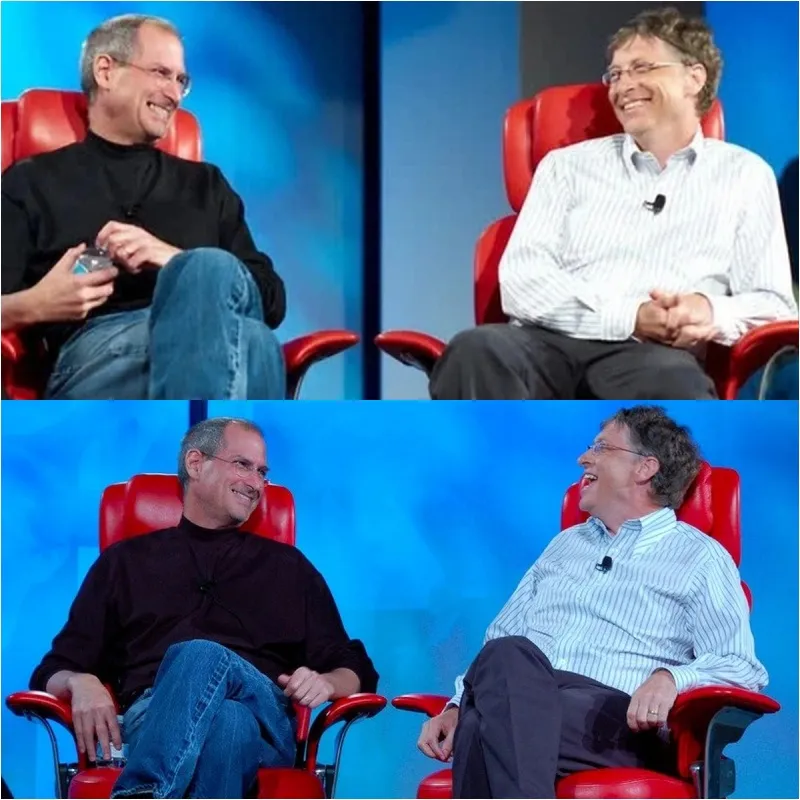
Rivals with Shared Goals
While Gates and Jobs were often portrayed as rivals during the tech revolution, they shared a common mission: transforming technology into a tool for everyone. Gates focused on democratizing computing through Microsoft’s software, while Jobs revolutionized personal technology with Apple’s sleek and intuitive designs.
Despite their differences in style and strategy, Gates admired Jobs’ ability to emotionally engage people with his vision. “Maximizing audience excitement for Apple’s products wasn’t just a skill for Jobs,” Gates admitted, “it was an art.”
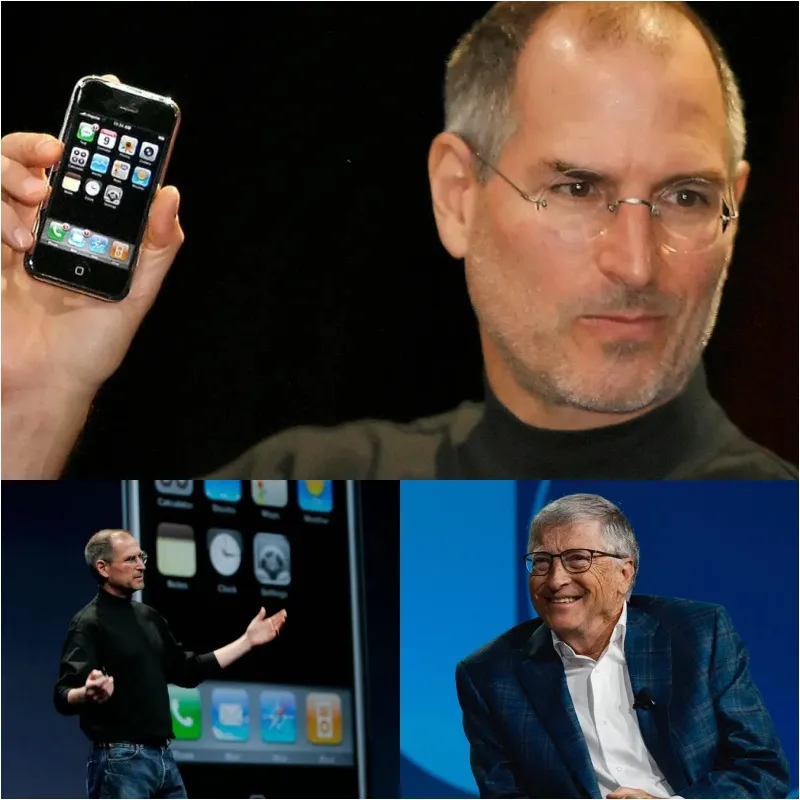
Learning from Jobs’ Legacy
Gates shared how Jobs’ approach to communication had a lasting influence on him, even after Jobs’ death in 2011. Watching Jobs simplify technical ideas into inspiring messages pushed Gates to improve his own public speaking style. While Gates made strides in becoming a more effective communicator, he admitted he never achieved the same level of charisma that Jobs commanded naturally.
Jobs’ mastery of communication, Gates noted, was not just about selling products—it was about creating a sense of belonging and excitement, making people feel part of something revolutionary.
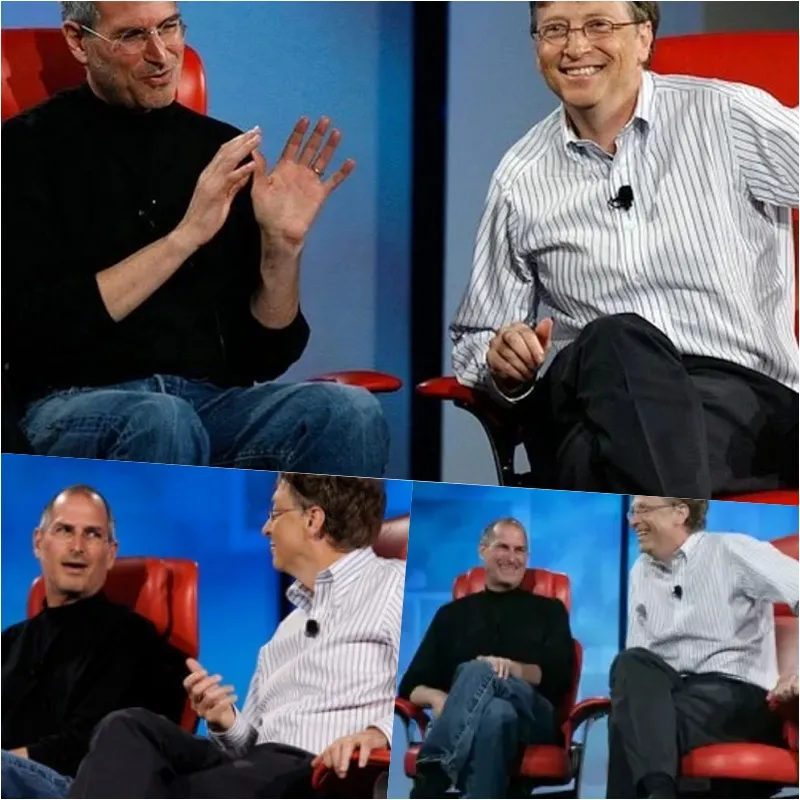
A Lesson in Leadership
Gates’ admiration for Jobs underscores a critical leadership lesson: inspiration is as important as innovation. Jobs’ ability to connect emotionally with audiences amplified Apple’s influence and defined his legacy as a leader.
For Gates, this revelation is a testament to the humility he brings to his own journey. Acknowledging his own challenges and learning from his peers, even his competitors, has helped shape his approach to leadership and communication.

Impact on the Tech Industry
The mutual respect between Gates and Jobs reveals the profound role of charisma and storytelling in shaping the tech world. Jobs’ presentations inspired a generation of tech leaders to focus not just on innovation but also on how they communicate their ideas.
Although Gates and Jobs took different paths, their shared commitment to advancing technology and connecting with people left an indelible mark. Gates’ reflections serve as a reminder that leadership is about continuously evolving, learning, and finding inspiration—even from your fiercest competitors.
In Gates’ words, Jobs’ legacy is a testament to how great communication can transform not only a company but an entire industry. For Gates, this is a lesson that continues to resonate as he builds on his own legacy in both technology and philanthropy.
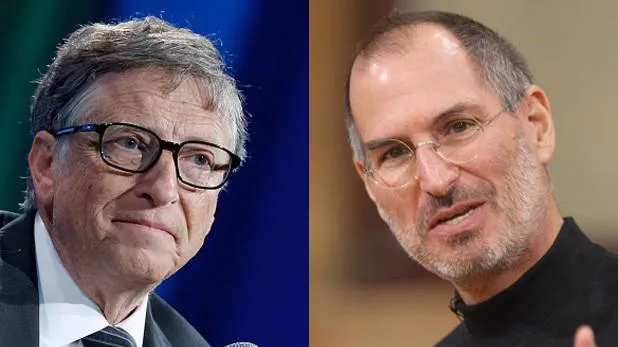


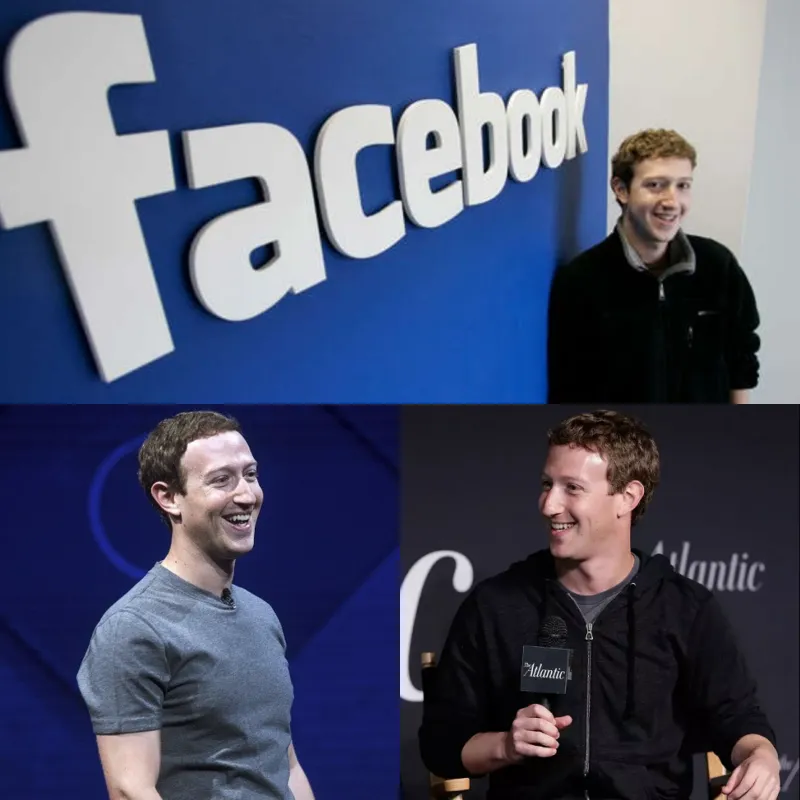





Post Comment